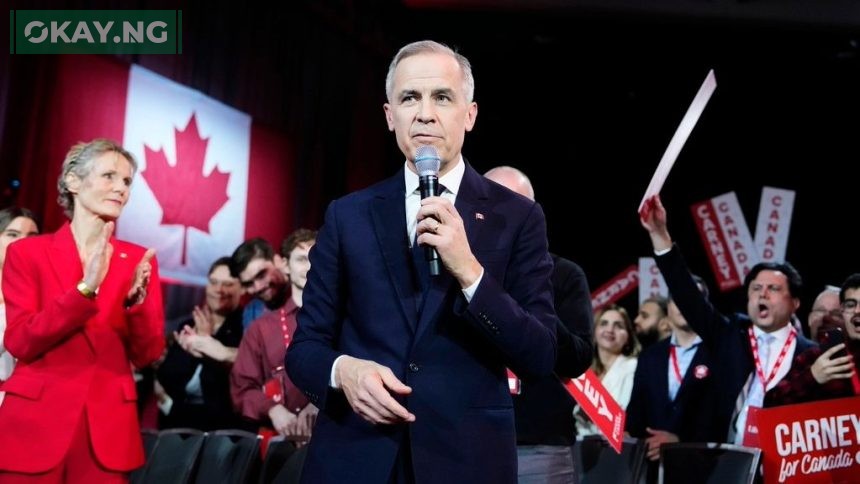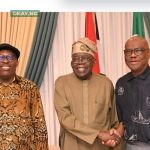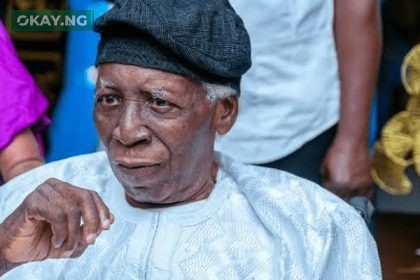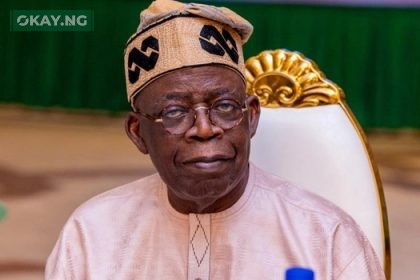Canadian Prime Minister Mark Carney has called an early federal election for April 28 in response to what he described as an existential threat to Canada’s sovereignty from the United States. In a national address on Sunday, Carney framed the snap election as a decisive moment for Canadians to choose their future amid what he called Donald Trump’s attempts to undermine Canada’s independence.
Carney, who took over from Justin Trudeau as Liberal Party leader but has never faced a national election, moved the vote forward by six months. He accused Trump of waging economic and political warfare against Canada, citing recent U.S. tariffs and the American president’s repeated suggestions that Canada should become the “51st state.”
“I’ve requested that the Governor General dissolve Parliament and call an election for April 28,” Carney announced. “President Trump wants to break us so America can own us. We will not let that happen. This election will decide whether Canada remains Canadian.”
The Liberal government had been struggling with low approval ratings before Trump’s recent threats sparked a wave of nationalist sentiment. Trump has imposed steep tariffs on Canadian goods while dismissing the U.S.-Canada border as “artificial,” rhetoric that has reshaped Canada’s political landscape.
Just weeks ago, Pierre Poilievre’s Conservative Party held a commanding lead in polls. But the Trump factor has tightened the race, with many Canadians now viewing the election as a referendum on resisting U.S. pressure. Political analysts describe the contest as too close to call, with sovereignty concerns potentially outweighing traditional domestic issues like inflation and immigration.
Trump dismissed the election’s significance, claiming he had already influenced its trajectory. “I don’t care who wins up there,” the U.S. president said, while his administration prepares to implement additional tariffs on April 2 that could further strain relations between the neighboring nations.
As Canadians prepare to vote, the campaign has taken on an unusually urgent tone, with Carney positioning himself as the defender of Canadian independence against what he characterizes as an unprecedented challenge from the south. The prime minister vowed not to engage with Trump unless the U.S. president formally recognizes Canada’s sovereignty, setting the stage for continued tensions regardless of the election outcome.













